The Ultimate Guide to Sole Trader Bookkeeping
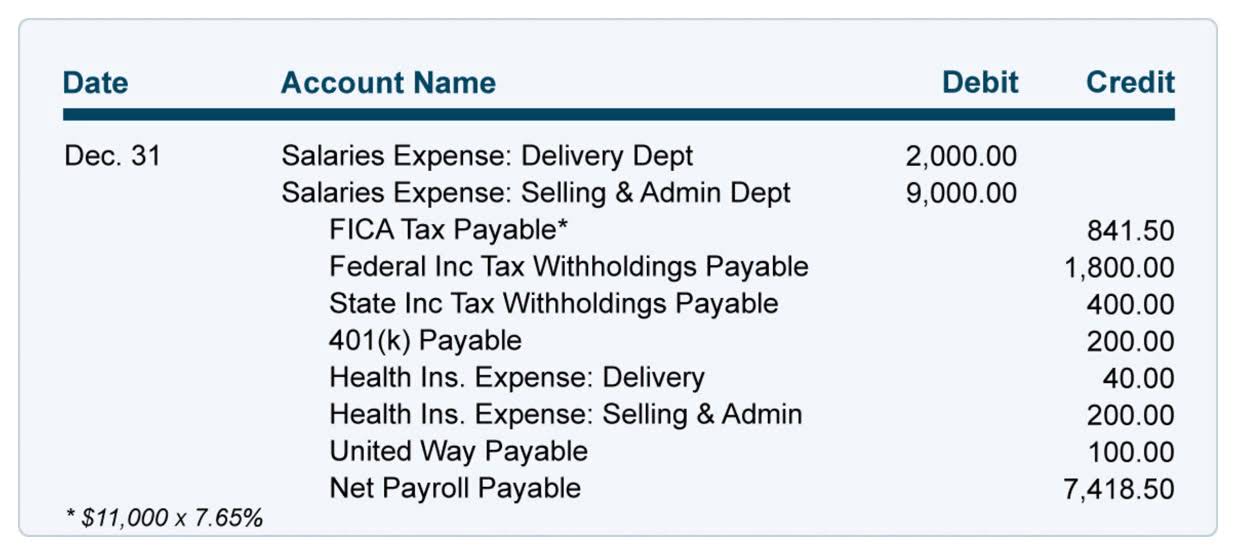
It is recommended that a sole trader consult with a certified accountant at least once a year. Regular consultations help to stay informed on tax legislation changes and ensure the financial strategy of the sole trader is tax-efficient. Sustaining good financial habits is akin to maintaining a healthy lifestyle. Incorporate regular check-ups (review of statements), a balanced diet (wise spending), and routine exercise (consistent bookkeeping).
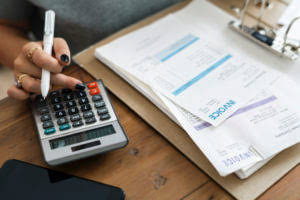
Separating Personal and Business Finances
Catherine ensures businesses, business owners and individuals are kept up to date and informed by providing concise and informative technical material. One of the most important aspects of effective sole trader bookkeeping is keeping track of receipts and invoices. Without proper organisation, it can be easy to lose track of expenses and miss out on potential tax deductions. This is why it’s crucial to establish a system for organising your receipts and invoices from the very beginning. As a sole trader, it’s important to understand your tax obligations and ensure you comply with relevant tax laws.
Wonsulting and TikTok Resumes: Revolutionising Recruitment for the Future
Making Tax Digital (MTD) is a government initiative that requires businesses to keep digital records and submit their VAT returns online. If your turnover is above the VAT threshold, you will need to comply with MTD for CARES Act VAT. If you pay them annually, you can do so as part of your self-assessment tax return.
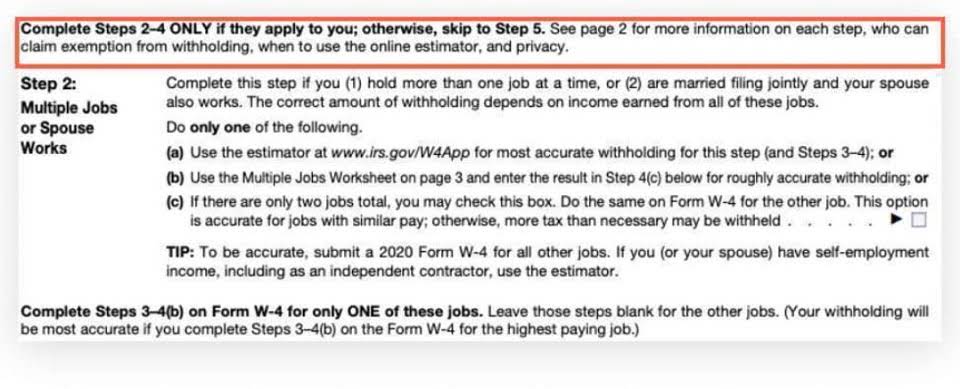
Setting Up Your Bookkeeping System
- Real Business provides readers with high profile interviews, news, insight and industry benchmark reports, as well as a growing stable of events tailored to SME growth.
- However, once you get to grips with it, bookkeeping can provide self-employed business owners with valuable oversight of their finances.
- Add to this list to suit your business – this example is quite simplified.
- It removes the need to create reports or enter information into spreadsheets manually.
- In addition to the business.gov.au, there are also various online courses and tutorials that can help you improve your bookkeeping skills.
- If you are entering all your transactions into cloud accounting software throughout the year, you’ll be keeping accurate records as you go.
Of course, choosing the right method will depend on your business needs and personal preferences. It is now the main source of inspiration, education, and collaboration for the owners of fast-growing businesses, from startups to mid-market companies. Real Business provides readers with high profile interviews, news, insight and industry benchmark reports, as well as a growing stable of events tailored to SME growth. Recognise any invoices to customers that have been raised but not sole trader accounting yet paid. These are called accruals and also include supplier bills received but not yet settled . This means that your year-end date captures the full picture of your business finances.
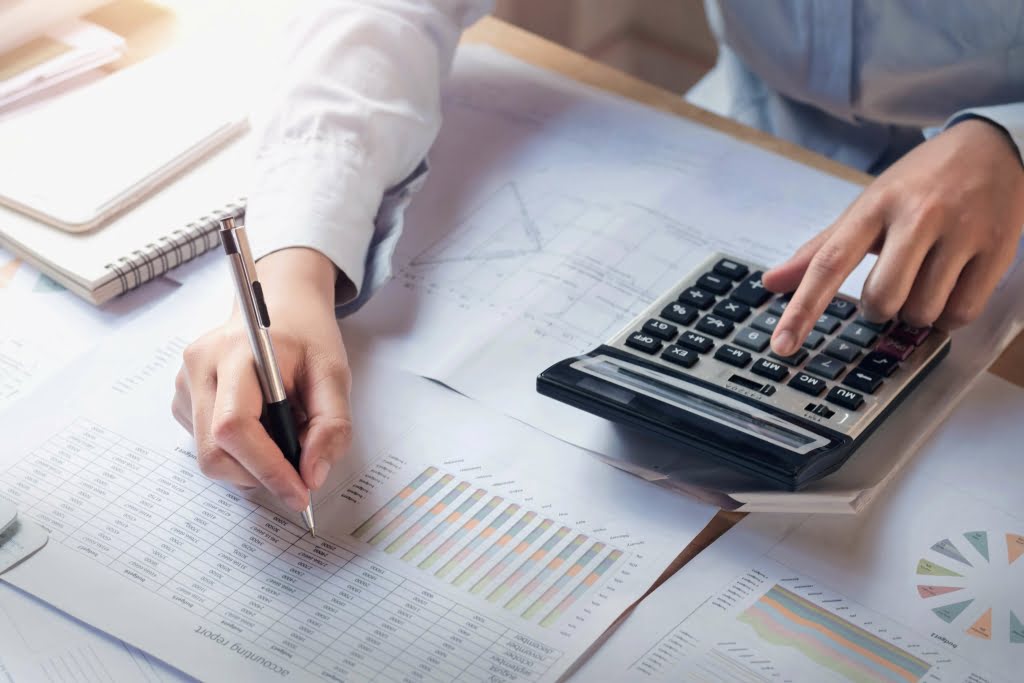
As a sole trader there are a variety of expenses you can claim to offset your expenditure. HMRC carries out random checks on businesses to check they are compliant with tax regulations, so you’ll need to hang on to all the paperwork and make sure it’s accurate and up to date. If you’re thinking about setting up on your own and haven’t already registered as a sole trader with HMRC, you can find out how to set up as a sole trader here. There’s no one-size-fits-all here; it’s all about what works best for you. Some folks like to mix it up with a combo of software and old-school pen and paper. And for that personal touch, don’t overlook the value of a good old chat with an accountant.
What are common mistakes sole traders must avoid when it comes to bookkeeping?
Which in turn will enable you to communicate effectively and professionally with others, and bolster your self-assurance as a business proprietor. So, starting now will give you plenty of time to get used to the process before it becomes mandatory. Or you can spot someone who hasn’t paid their invoice on time and gently suggest that you can’t do anymore work until you’re all square. You could also consider requesting deposits and staggered payments on larger jobs, rather than waiting for the project to be completed in full before you send your bill. You need to pay your quarterly Class 2 National Insurance bill, which is a basic payment that goes towards your state pension in the future.
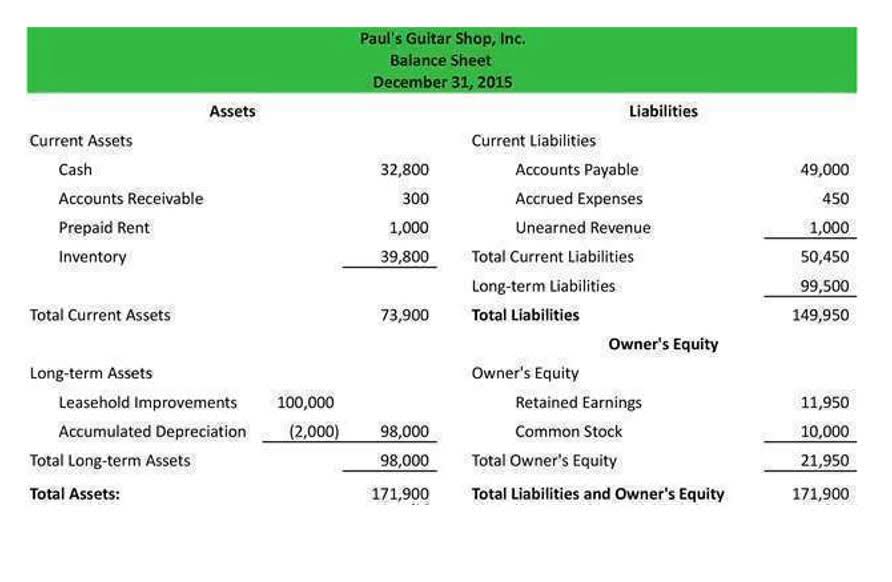
Process Accruals
- Set aside time each month to reconcile all accounts and use this process as an opportunity to review statements for any unusual activity or potential fraudulent charges.
- And for that personal touch, don’t overlook the value of a good old chat with an accountant.
- It’s about gaining insights that could catapult your business to new heights.
- As a sole trader, it is your responsibility to keep accurate records and establish a system for bookkeeping.
- GST does not apply to all business expenses (e.g. insurance and bank fees), so make sure the GST is only applied where necessary.
- We can look after your bookkeeping on your behalf, saving you time and money to focus on doing what you do best – running and growing your business.
Think of it as watering a plant; a little care frequently can result in thriving growth. It’s the foundation upon which you’ll make informed decisions that can fuel your business’s success. To create a projected cash flow statement, you’ll need to make a list of all expected inflows and outflows for the upcoming period. This includes everything from expected revenue to anticipated expenses such as rent, wages, utilities, taxes, etc.
Sole trader bookkeeping refers to the process of recording all financial transactions for your business. These transactions can include sales, expenses, and purchases made using personal or business accounts. As a sole trader, it is essential to keep track of all monetary transactions and maintain records that can be used for tax purposes or audits.
- If you choose to go this route, your goal is to prepare a proper general ledger and trial balance, which tracks assets, liabilities, sales and expenses.
- Traditionally, this method is not employed by businesses dealing with accounts receivable, accounts payable, or numerous capital transactions.
- Accurate record-keeping is crucial for managing your sole trader accounts effectively.
- Keeping accurate records of your VAT transactions is essential for complying with VAT regulations.
- Again, late filing penalties apply if you miss this deadline, even if you have no tax to pay.
Contractor Tax
Sole traders should also regularly perform a physical inventory count to ensure that the inventory records match what is actually in stock. Recording transactions is crucial for sole trader bookkeeping, as it provides an accurate record of the financial activities of your business. As a sole trader who sells products rather than services, tracking inventory is critical to maintaining accurate bookkeeping records. Managing inventory as a sole trader requires knowing how much stock is available at any given time so that you can avoid stock shortages or overstocking. Inventory management may involve using specialised software to log the purchase, sale and stock levels of products or manually keeping track of inventory using spreadsheets. Hiring a professional takes the burden from your shoulders while offering the reassurance that all your accounts and taxes https://www.bookstime.com/ will be handled effectively.